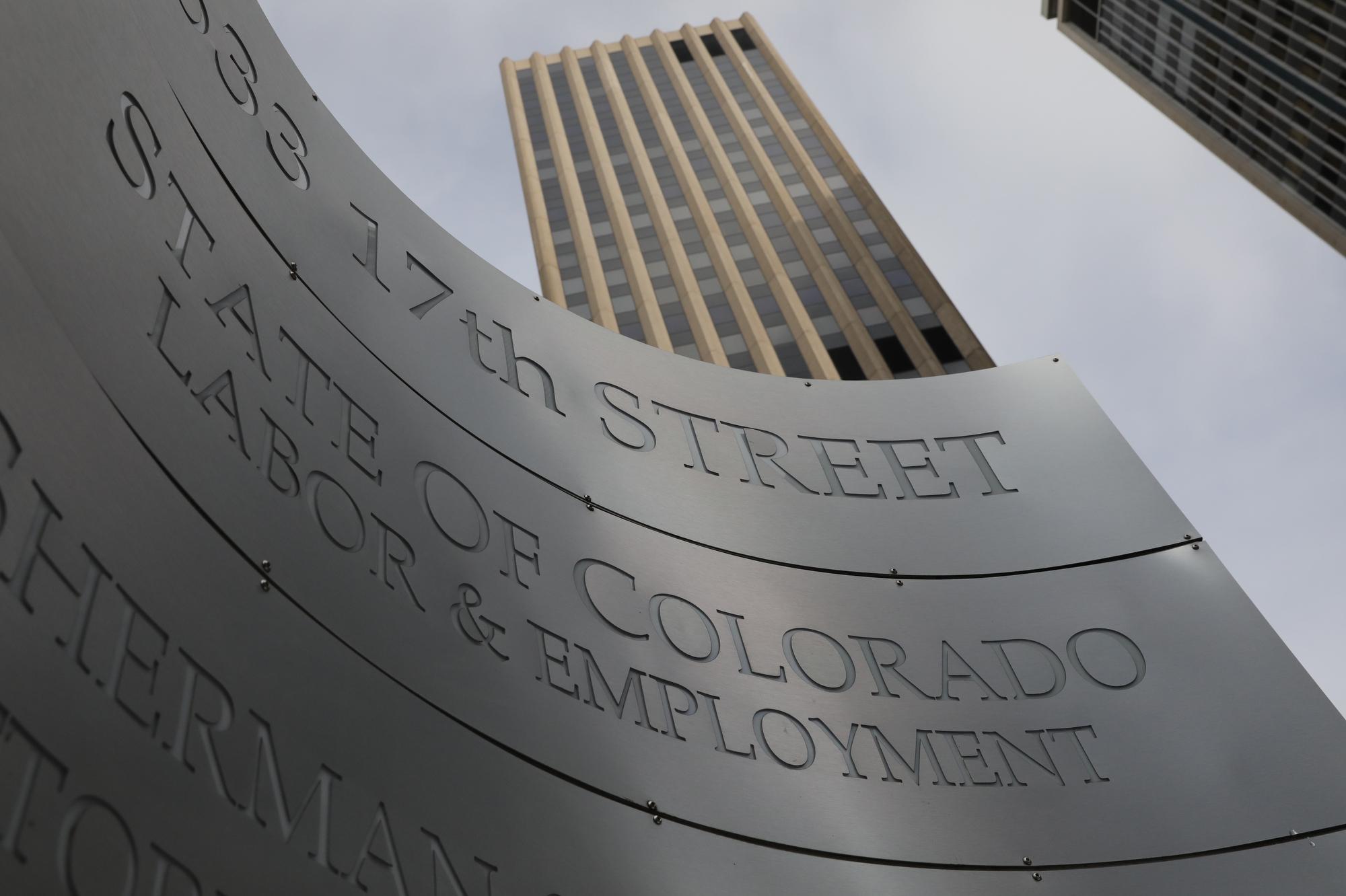
The state of Colorado may have lost $73 million to unemployment fraud from March 2020 through April 2021, according to a new report from the state auditor’s office.
The report identified about 8,200 potentially fraudulent unemployment claims filed since the start of the pandemic. Most were marked by digital clues, such as a foreign internet protocol address, while others were paid to people who were dead or incarcerated.
“Despite the numerous steps that the Department has taken to prevent and detect fraudulent unemployment claims, our audit identified potentially fraudulent claims that the department did not identify, as well as improvements that the department should make to better mitigate and address the risk of fraud,” the report stated.
The auditor’s office hired an outside firm, BKD, LLP, to analyze about 842,000 unemployment claims for signs of fraud. The state department itself runs similar fraud checks, but they identified fewer suspect claims.
In all, fraudulent claims may have accounted for about 2 percent of the state’s unemployment payouts for the audit period. The Colorado Department of Labor and Employment has shared a smaller number, about $30 million, for confirmed fraud.
“Fraud as a whole for us has been kind of a ‘build the plane as you fly it,’” said Daniel Chase, chief of staff for CDLE. “We both must stop all fraudulent payments … while also ensuring legitimate claimants are paid as quickly as possible. That becomes a dual job that competes against each other.”
In many cases, the audit found that the department didn’t have strong enough internal controls to prevent fraud. Unemployment fraud can come with consequences: The state could be asked to pay back some of the money it got from the federal government. And those higher unemployment payments also contribute to even sharper increases in unemployment taxes for businesses in the coming years.
Pandemic demand exposes weaknesses
The pandemic put never-before-seen pressure on the state’s unemployment system, with ongoing implications.
Early on, the volume of unemployment claims soared 1,100 percent to unprecedented levels amid COVID-19 restrictions, and both state and federal officials ordered the state to pay those claims quickly. Additionally, over the past year, the Colorado Department of Labor and Employment (CDLE) has struggled with a major technological upgrade and with rapidly changing new programs from the federal government.
In 2020 and 2021, the state paid out more than $11 billion in total unemployment claims, with much of that money coming from the federal government.
The labor department has tried to stop false claims by monitoring new types of indicators for signs of suspected fraud. And, since January, CDLE has used the third-party service ID.me, which verifies people’s identities and asks them to submit video selfies.
The department is involved with more than 130 active criminal investigations into suspected unemployment fraud. About 40 percent of initial claims were suspected to be fraudulent, although the state only paid a small portion of those claims.
Those efforts to stop fraud also can create problems for people who are actually unemployed. It took an average of seven weeks to resolve “fraud holds” that stop unemployment benefits. Additionally, there were tens of thousands of claims that the department couldn’t prove were resolved at all.
The auditors said that CDLE didn’t have the right automated tools and written policies to resolve suspected fraud cases in a timely manner. Republican Rep. Colin Larson said that it was unacceptable that the state couldn’t properly track suspected fraud cases that can interfere with benefits.
“I’ve had a number of people that have been waiting for months,” Larson said.
Meanwhile, more widespread problems with the unemployment system have led to mass frustration: During the first few months of the pandemic, the state’s call centers only answered 5 percent of incoming calls. Those numbers improved as the state hired help from the contractor Conversion Calls, adding hundreds of workers. The auditor’s office did not have a specific recommendation for dealing with huge call volumes. CDLE officials agreed to make changes and create new protocols in response to the audit findings. Other states have reported far higher damages from fraud: In California, the total is estimated to be at least $20 billion — a number that is hundreds of times higher than Colorado’s.









